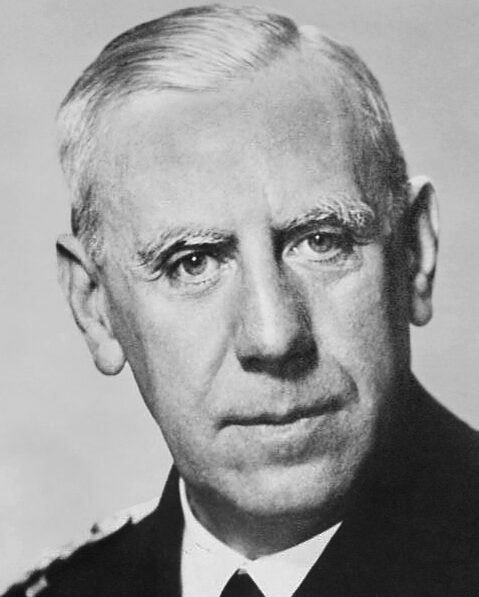
Wilhelm Canaris was a German admiral and intelligence officer who played a significant role in World War II. Born on January 1, 1887, in Aplerbeck, Germany, Canaris joined the German navy in 1905, serving in the First World War and rising to the rank of captain. After the war, Canaris remained in the navy, but he also became involved in the nascent German intelligence services.
In 1935, Canaris was appointed head of the Abwehr, Germany’s military intelligence agency. He used his position to build a network of agents, both inside and outside Germany, and he became known for his opposition to the Nazi regime. Canaris was a complex figure, a man who played a dangerous game, trying to balance his loyalty to his country with his growing disgust at the actions of the Nazi leadership.
Canaris was one of a group of senior German officers who opposed Hitler’s aggressive foreign policies and his persecution of Jews and other minorities. He was part of several attempts to remove Hitler from power, including the famous “July 20 Plot” in 1944, in which a group of officers attempted to assassinate Hitler. Canaris’s involvement in the plot was discovered, and he was arrested, tried, and executed in April 1945.
Despite his participation in the conspiracy against Hitler, Canaris’s legacy remains somewhat controversial. Some historians argue that he was a committed opponent of the Nazi regime and played a key role in the resistance movement, while others suggest that he was more interested in preserving his own position and that his actions were ultimately ineffective in preventing the rise of Hitler and the atrocities of the Second World War.
Regardless of how one views Canaris’s legacy, there is no denying that he was a fascinating figure, a man who struggled to balance his loyalty to his country with his sense of morality and justice. His story is a reminder of the complexity of human nature and the difficult choices that people must make in times of war and crisis.
Facts
- Wilhelm Canaris was a German admiral and intelligence officer who played a significant role in World War II.
- He was born on January 1, 1887, in Aplerbeck, Germany.
- Canaris joined the German navy in 1905, serving in the First World War and rising to the rank of captain.
- He became involved in the German intelligence services after World War I and was appointed head of the Abwehr in 1935.
- Canaris used his position to build a network of agents, both inside and outside Germany.
- He was part of a group of senior German officers who opposed Hitler’s aggressive foreign policies and his persecution of Jews and other minorities.
- Canaris was involved in several attempts to remove Hitler from power, including the famous “July 20 Plot” in 1944, in which a group of officers attempted to assassinate Hitler.
- His involvement in the conspiracy against Hitler was discovered, and he was arrested, tried, and executed in April 1945.
- Canaris’s legacy remains somewhat controversial, with some historians arguing that he was a committed opponent of the Nazi regime and others suggesting that his actions were ultimately ineffective.
- Despite this controversy, Canaris’s story is a reminder of the difficult choices that people must make in times of war and crisis.










